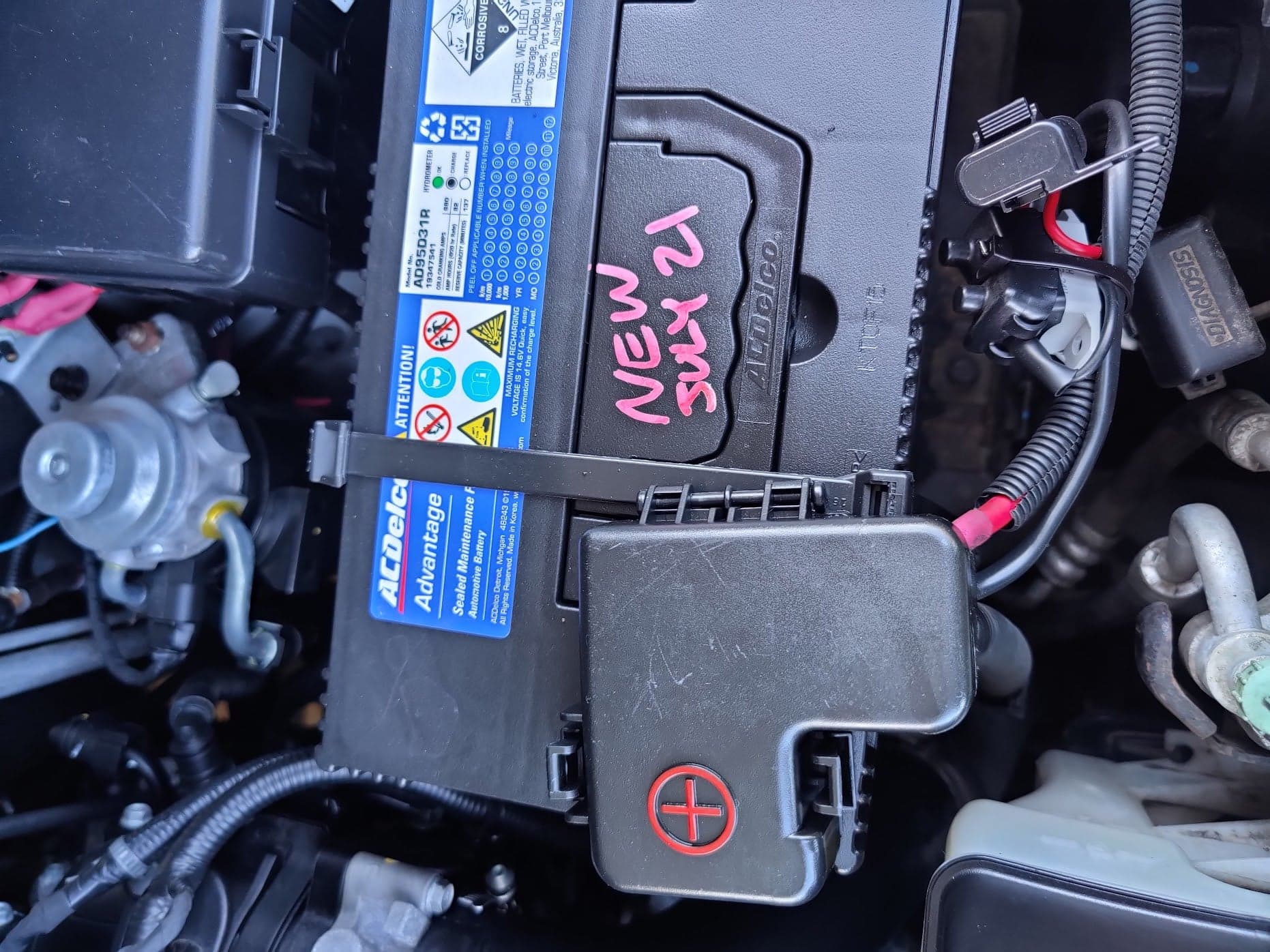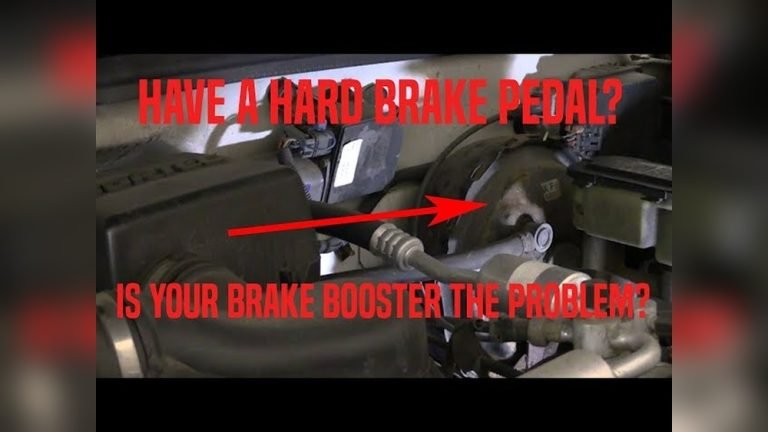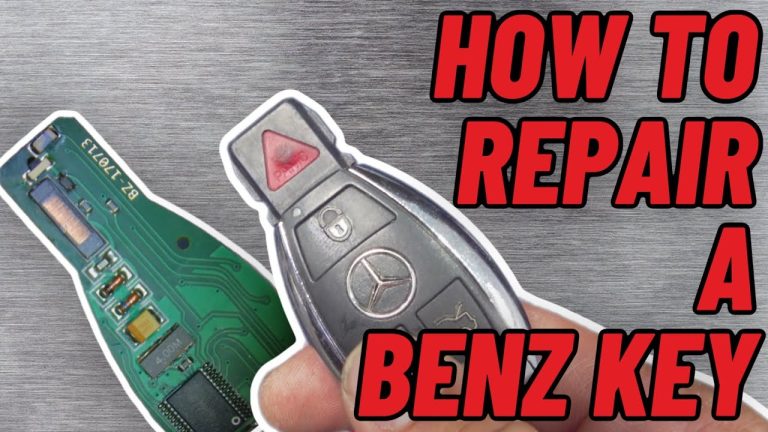How Long Does a Car Battery Last Without Charging: Essential Facts
A car battery typically lasts about 2–4 weeks without charging, depending on its age, condition, and the vehicle’s electrical systems. Newer batteries may last longer, while older ones discharge faster. Extreme weather and parasitic drains, like alarms or electronics, can shorten the battery’s lifespan when left unused.
Knowing the answer to this can save you from that frustrating situation. You’ll discover exactly how long your battery holds its power, what affects its lifespan, and simple tips to keep it healthy. Keep reading to protect yourself from sudden battery failures and stay confident on the road.
How Long Does a Car Battery Last Without Charging
Car Battery Lifespan Basics
Car batteries are important for starting your vehicle and powering electrical parts. Knowing how long a battery lasts without charging helps you avoid surprises. Battery life depends on many factors like usage, climate, and battery type.
Understanding basic facts about car battery lifespan can save you time and money. It helps you plan for replacements and maintain your battery better. Let’s explore the key points about car battery life.
What Affects Car Battery Life?
Temperature plays a big role in battery health. Extreme heat or cold can reduce battery capacity. Frequent short trips do not let the battery fully charge. Leaving lights or accessories on drains the battery faster. Age also lowers battery power over time.
Typical Lifespan Of A Car Battery
Most car batteries last between three and five years. Some may last longer with proper care. Batteries older than five years often struggle to hold a full charge. Regular checks help detect problems before complete failure.
Signs Of A Weak Battery
Slow engine crank is a common warning sign. Dimming headlights also show battery weakness. Electrical accessories may work inconsistently. A battery warning light may appear on the dashboard. These signs mean the battery needs attention soon.
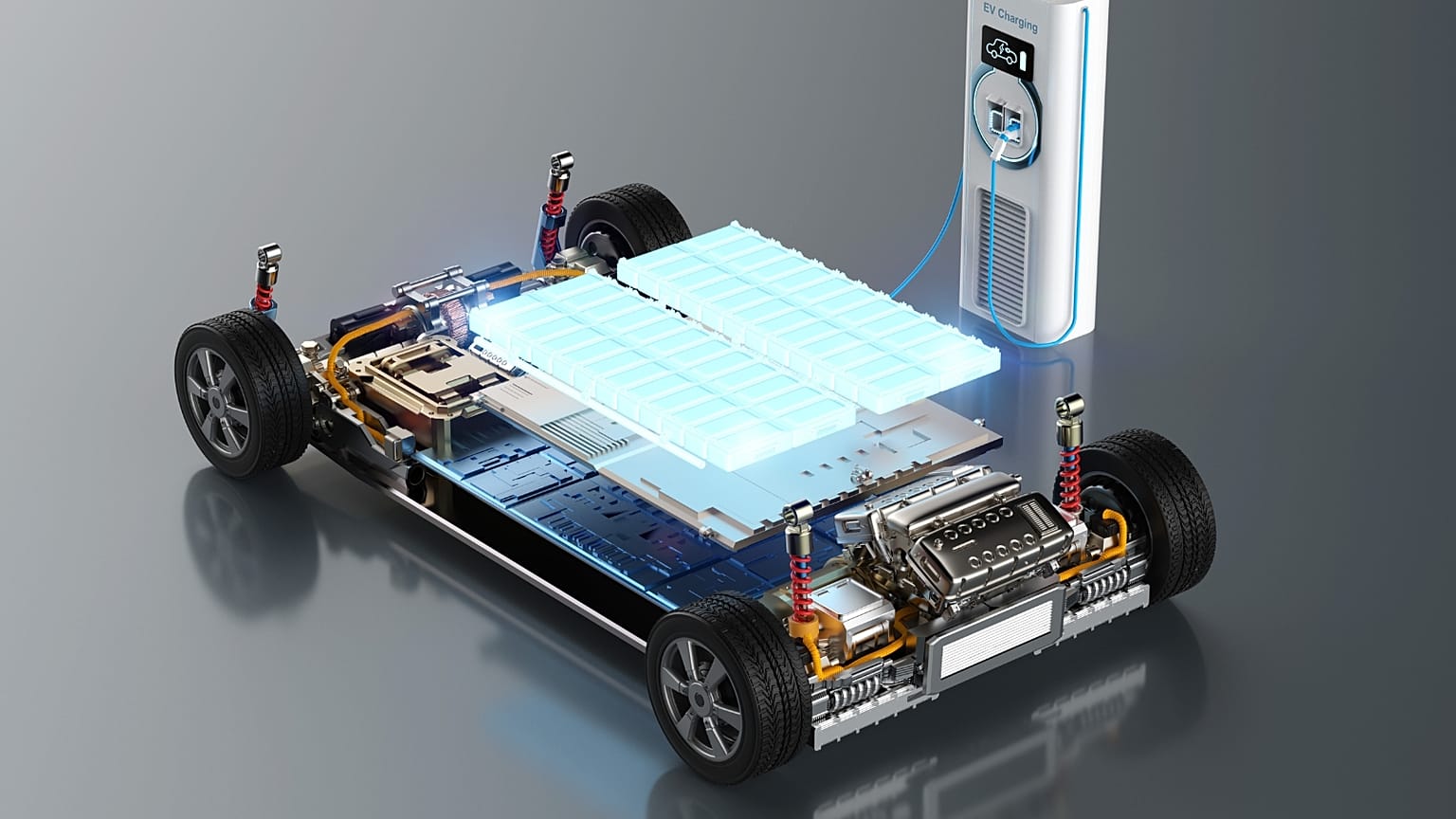
Credit: www.euronews.com
Read more: Is Goo Be Gone Safe on Car Paint? Essential Safety Insights
Factors Affecting Battery Drain
Car batteries lose power over time without charging. Several factors affect how fast this happens. Understanding these helps you keep your battery healthy and avoid surprises.
Temperature Impact
Cold weather slows battery chemical reactions. It reduces the battery’s ability to hold charge. Heat causes battery fluid to evaporate. This damages the battery plates and lowers capacity. Both hot and cold temperatures drain batteries faster.
Electrical Loads
Leaving lights, radio, or other devices on drains the battery. Modern cars have many electrical systems that use power even when off. Alarm systems, clocks, and sensors use small energy continuously. Higher electrical loads speed up battery drain.
Battery Age And Condition
Older batteries hold less charge than new ones. Over time, battery plates corrode and weaken. Poor battery maintenance also reduces lifespan. Regular checks and cleaning help keep the battery healthy. A worn-out battery drains quicker without charging.
How Long Without Charging
Car batteries store electrical energy to start your engine and power your car’s electronics. When not charged, they slowly lose power. The time a battery lasts without charging depends on several factors. Understanding these can help you avoid unexpected battery failures.
Typical Timeframes
A standard car battery can last about two to four weeks without charging. This period varies based on battery condition and temperature. Cold weather can shorten battery life. Heat can also cause faster power loss. Leaving lights or electronics on drains the battery quicker. A healthy battery left unused might last up to a month. Older or weak batteries lose charge faster, sometimes in less than a week.
Variations By Battery Type
Different battery types hold charge differently. Lead-acid batteries are common and lose power faster without charging. AGM (Absorbent Glass Mat) batteries hold charge longer and resist discharge better. Lithium-ion batteries last the longest without charging but cost more. Each type reacts differently to temperature changes. Choosing the right battery affects how long it lasts without a charge.
Signs Of A Dying Battery
Knowing the signs of a dying car battery helps avoid unexpected trouble. Batteries lose power over time and stop holding a charge well. Early warning signs give time to replace the battery before it fails completely. Watch for small changes in how your car starts and runs. These hints show the battery needs attention soon.
Slow Engine Crank
The engine turns over slower than usual. It takes longer to start the car. This happens because the battery cannot provide enough power. Slow cranking is one of the first signs of a weak battery.
Dim Headlights
Headlights look dimmer, especially when the car is idling. A good battery keeps lights bright at all times. Dim lights mean the battery is losing strength. It struggles to power the electrical system properly.
Electrical Issues
Problems with electrical parts, like radio and power windows, occur. Devices may not work or act erratically. The battery cannot supply stable power. These issues often point to a dying battery.
Check Engine Or Battery Light
The dashboard warning lights turn on, especially the battery symbol. This light signals battery or charging system problems. Ignoring it can lead to a dead battery. Pay attention to these warning signs immediately.
Swollen Battery Case
The battery case looks swollen or bloated. Heat or overcharging can cause this damage. A swollen battery is unsafe and likely near failure. It needs replacement without delay.
Read more: Car Vibrates When Idle: Causes, Fixes & Prevention Tips
Old Age
Batteries usually last 3 to 5 years. An older battery often shows weak performance. Age alone can cause a battery to die. Regular checks help avoid being stranded with an old battery.
Tips To Extend Battery Life
Extending a car battery’s life saves money and avoids sudden breakdowns. Simple care steps keep the battery healthy for longer. These tips help maintain strong battery power and reduce the risk of failure.
Following easy habits can make a big difference. Start with regular checks and avoid draining the battery too much. Small actions add up to longer battery life.
Regular Maintenance
Check the battery terminals for dirt and corrosion. Clean them with a mixture of baking soda and water. Tighten loose connections to ensure proper power flow. Inspect the battery case for cracks or leaks. Replace the battery if it shows physical damage. Test the battery voltage regularly using a multimeter. A healthy battery usually shows about 12.6 volts when the car is off. Keep the battery charged, especially during cold weather.
Avoiding Deep Discharges
Deep discharges reduce the battery’s lifespan significantly. Avoid leaving lights or electronics on when the engine is off. Start the car before using power-hungry devices like the radio or heater. Use a battery charger for long storage periods. Check the battery charge level often if the car sits unused. Driving the car regularly helps keep the battery charged. Aim to keep the charge above 50% to prevent damage.
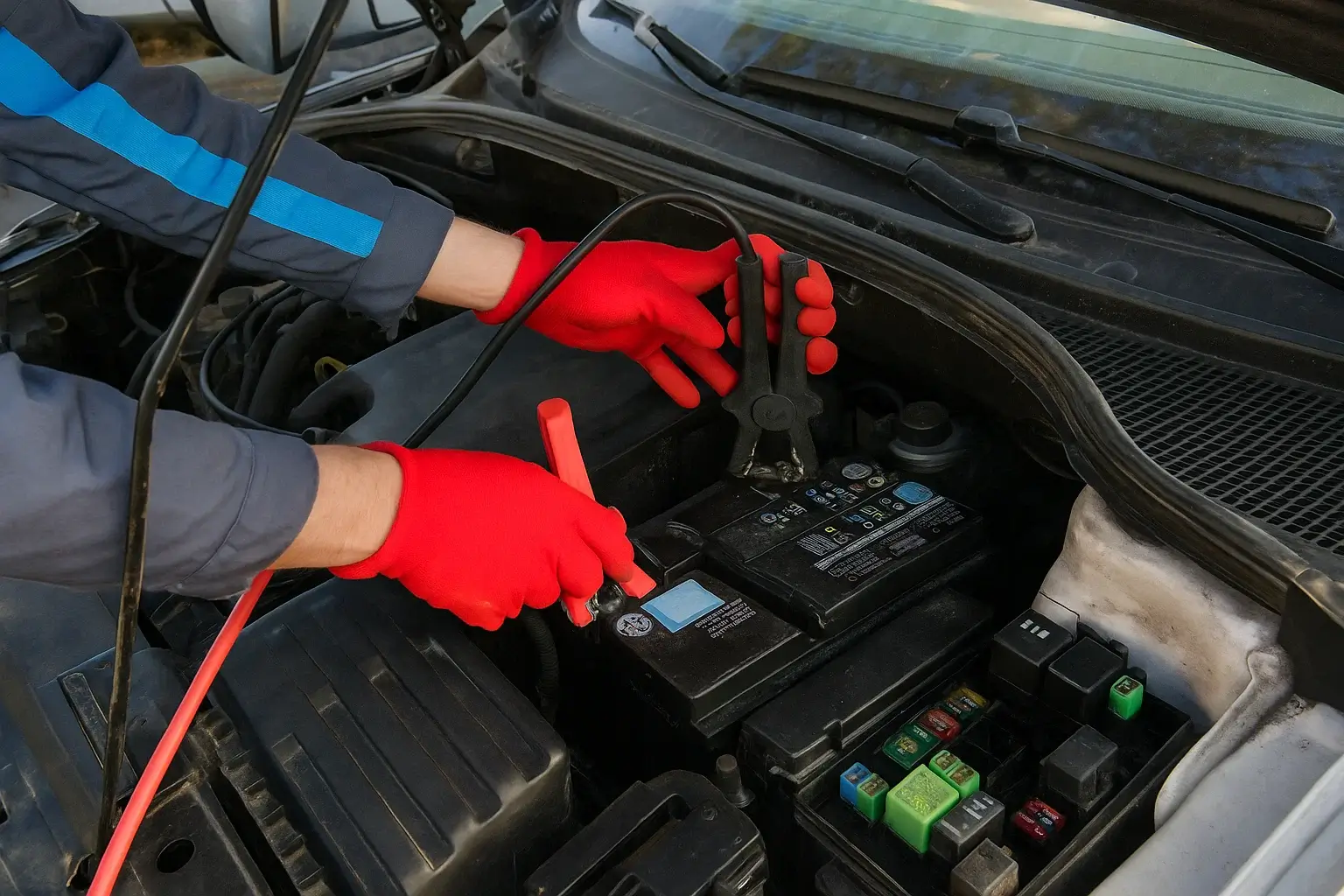
Credit: drivingdiary.com

Credit: www.batteriesplus.com
Frequently Asked Questions
How Long Can A Car Battery Last Without Charging?
A car battery can last 2 to 4 weeks without charging, depending on its age and condition.
What Factors Affect A Car Battery’s Charge Duration?
Cold weather, battery age, and electrical drain affect how long a battery holds charge.
How To Keep A Car Battery From Dying Without Driving?
Turn off all electronics and use a battery maintainer to keep the battery charged.
Conclusion
A car battery usually lasts a few weeks without charging. Cold weather can make it drain faster. Leaving lights or devices on will also reduce battery life. Regularly starting your car helps keep the battery healthy. If you don’t drive often, consider using a battery charger.
This can save you from unexpected problems. Knowing how long a battery lasts helps you plan better. Keep your car ready and avoid getting stuck. Simple care extends your battery’s life and your peace of mind.

